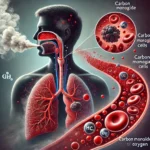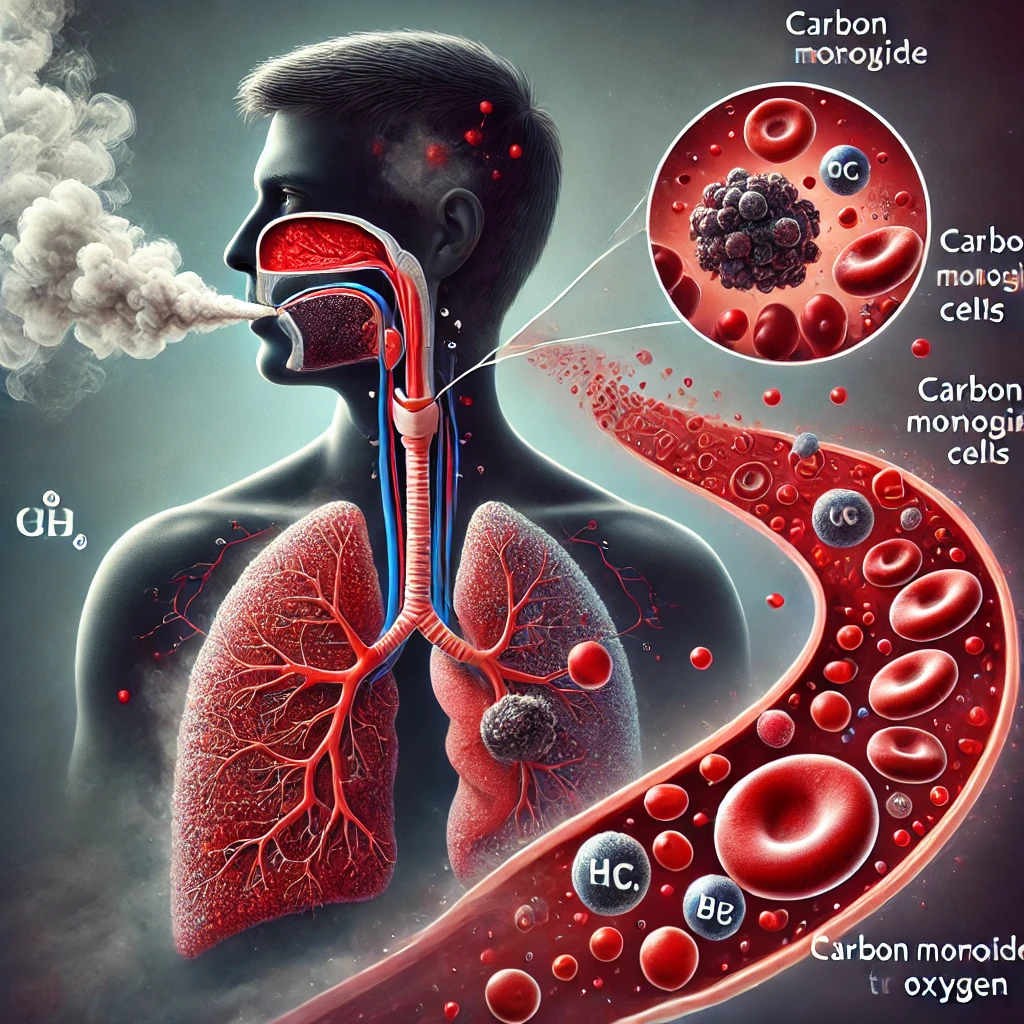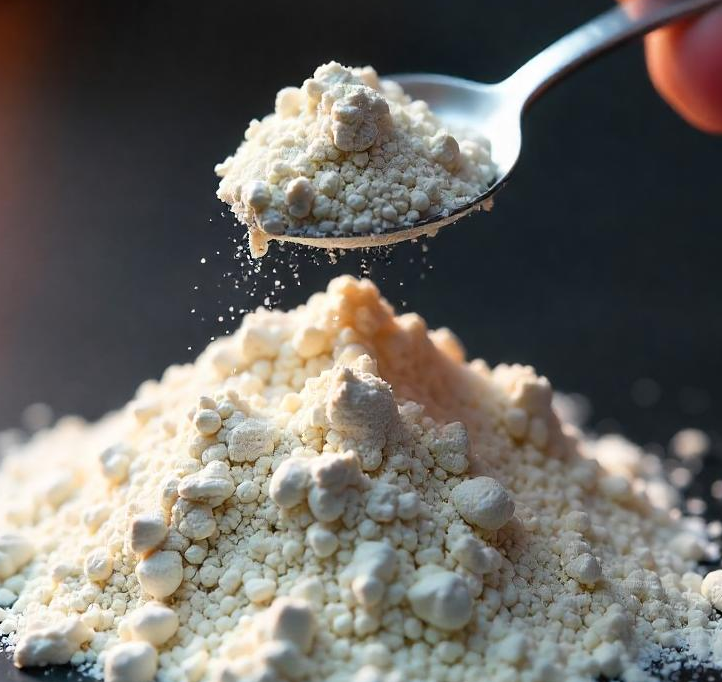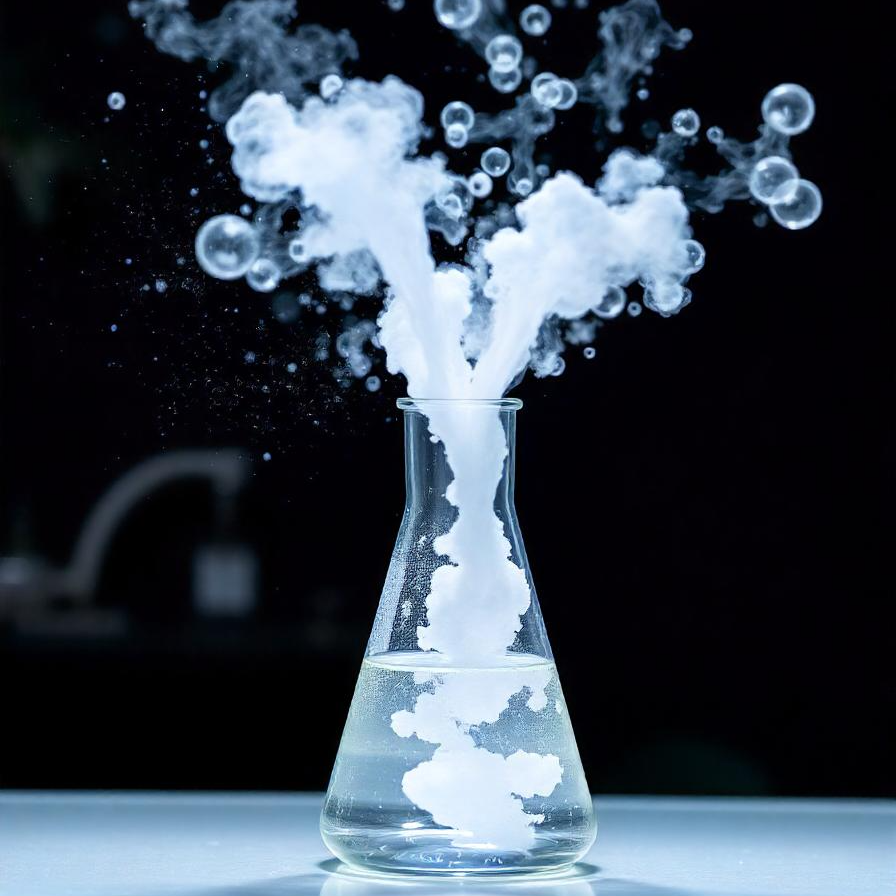The Testosterone Revolution : Unveiling the Power of the Male Hormone
Testosterone, often hailed as the quintessential male hormone, plays a pivotal role in shaping not only the physical attributes of men but also their psychological and emotional well-being. This powerful androgen has captured the attention of researchers, clinicians, and the general public alike, sparking debates and fueling scientific inquiries into its multifaceted effects on the human body. In this comprehensive exploration, we’ll delve into the intricate world of this hormone, uncovering its functions, benefits, and potential risks, while shedding light on the latest research and medical advancements.
The Basics : What is Testosterone?
It is a steroid hormone primarily produced in the testes of males and, to a lesser extent, in the ovaries of females. It belongs to a class of hormones called androgens, which are responsible for the development and maintenance of male characteristics (Handelsman et al., 2018). While often associated with masculinity, it plays crucial roles in both sexes, influencing various physiological processes throughout life.
In males, testosterone production ramps up during puberty, triggering a cascade of changes that transform boys into men. These changes include the deepening of the voice, increased muscle mass and bone density, the growth of facial and body hair, and the development of secondary sexual characteristics (Bhasin et al., 2018). However, the influence of T levels extends far beyond these visible transformations.
The Multifaceted Functions of Testosterone
Physical Development and Maintenance
Testosterone’s effects on the male physique are perhaps its most well-known attributes. It promotes protein synthesis, leading to increased muscle mass and strength (Bhasin et al., 2018). This anabolic effect has made testosterone and its synthetic derivatives popular among athletes and bodybuilders, albeit with significant ethical and health concerns.
Beyond muscle growth, it plays a crucial role in bone health. It stimulates bone formation and helps maintain bone density throughout life, reducing the risk of osteoporosis in older men (Mohamad et al., 2016). This protective effect on bones underscores the importance of maintaining healthy T-levels as men age.
Sexual Function and Reproductive Health
As the primary male sex hormone, it is intimately involved in sexual function and reproductive health. It drives libido, or sexual desire, in both men and women, although its effects are more pronounced in males (Corona et al., 2017). Testosterone also plays a vital role in erectile function, sperm production, and overall reproductive capacity.
Low T levels, a condition known as hypogonadism, can lead to decreased libido, erectile dysfunction, and reduced fertility. This has led to the widespread use of testosterone replacement therapy (TRT) in men with clinically low T levels, although the long-term effects and risks of this treatment are still being studied (Snyder et al., 2018).
Cognitive Function and Mood
The influence of testosterone extends beyond physical attributes, reaching into the realm of cognitive function and emotional well-being. Research has shown that testosterone may play a role in spatial abilities, memory, and certain aspects of cognitive performance (Celec et al., 2015). Some studies have also suggested a link between low T – levels and an increased risk of cognitive decline and dementia in older men, although more research is needed to establish a causal relationship (Ford et al., 2016).
Testosterone also appears to influence mood and emotional states. Low testosterone levels have been associated with increased risk of depression, irritability, and fatigue (Walther et al., 2019). Conversely, some studies have found that testosterone supplementation can improve mood and well-being in men with hypogonadism, although the effects can vary widely between individuals (Snyder et al., 2018).
The Testosterone Decline : Age-Related Changes
As men age, their testosterone levels naturally decline. This gradual decrease, often referred to as andropause or male menopause, typically begins around age 30 and continues throughout life (Handelsman et al., 2018). The rate of decline varies among individuals, influenced by factors such as genetics, lifestyle, and overall health.
The age-related decline in testosterone has been associated with various physical and psychological changes, including:
- Decreased muscle mass and strength
- Increased body fat, particularly abdominal fat
- Reduced bone density
- Decreased libido and sexual function
- Changes in mood and energy levels
- Potential cognitive changes
These changes have led to increased interest in testosterone replacement therapy as a means of mitigating the effects of aging. However, the use of TRT in otherwise healthy older men remains controversial, with ongoing debates about its benefits and risks (Snyder et al., 2018).
Testosterone and Athletic Performance
The relationship between testosterone and athletic performance has been a subject of intense scrutiny and controversy. Testosterone’s anabolic effects on muscle mass and strength have made it a target for abuse in sports, leading to strict regulations and testing protocols in competitive athletics (Handelsman, 2020).
While the performance-enhancing effects of supraphysiological testosterone levels are well-documented, the relationship between natural testosterone variations and athletic performance is more complex. Some studies have found correlations between higher testosterone levels and improved performance in certain sports, while others have shown mixed or inconclusive results (Bermon & Garnier, 2017).
The debate surrounding testosterone in sports extends beyond doping concerns, touching on issues of fairness and inclusivity, particularly regarding transgender and intersex athletes. These complex discussions highlight the need for nuanced approaches that balance competitive integrity with individual rights and scientific understanding.
Testosterone and Women’s Health
While often considered a “male hormone,” testosterone also plays important roles in women’s health. In females, testosterone is produced in smaller amounts by the ovaries and adrenal glands. It contributes to libido, bone density, and muscle strength, among other functions (Davis et al., 2019).
Low testosterone levels in women have been associated with decreased sexual desire, fatigue, and mood changes. However, the diagnosis and treatment of low T level in women remain controversial, with limited long-term data on the safety and efficacy of testosterone therapy in females (Davis et al., 2019).
On the other hand, excess testosterone in women can lead to conditions such as polycystic ovary syndrome (PCOS), characterized by irregular menstrual cycles, fertility issues, and metabolic disturbances. This underscores the delicate balance of hormones required for optimal health in both sexes.
The Future of Testosterone Research and Treatment
As our understanding of testosterone’s wide-ranging effects continues to grow, so too does the potential for new therapeutic approaches and interventions. Emerging areas of research include:
- Personalized medicine: Developing individualized approaches to testosterone therapy based on genetic profiles and biomarkers.
- Novel delivery methods: Exploring new ways to administer testosterone, such as long-acting injections or transdermal systems, to improve patient convenience and compliance.
- Selective Androgen Receptor Modulators (SARMs): Investigating compounds that can provide the beneficial effects of testosterone while minimizing unwanted side effects.
- Testosterone and brain health: Further exploring the potential neuroprotective effects of this hormone and its role in cognitive function.
- Environmental influences: Studying the impact of environmental factors, such as endocrine disruptors, on testosterone production and function.
Conclusion
Testosterone, once viewed simply as the hormone that makes men masculine, has revealed itself to be a complex and multifaceted player in human health. From its critical role in physical development to its subtle influences on mood and cognition, it touches nearly every aspect of male physiology – and plays important roles in female health as well.
As research continues to unravel the intricacies of testosterone’s actions, we stand on the brink of new therapeutic possibilities and a deeper understanding of how this powerful hormone shapes our bodies and minds. However, with this knowledge comes the responsibility to approach testosterone-related interventions with caution, balancing potential benefits against risks and considering the broader implications for individuals and society.
The testosterone revolution is far from over. As we continue to unveil the power of this remarkable hormone, we open new avenues for improving health, performance, and quality of life across the lifespan. The future of testosterone research promises to be as exciting and transformative as the hormone itself.
Written by : Farokh Shabbir
References











